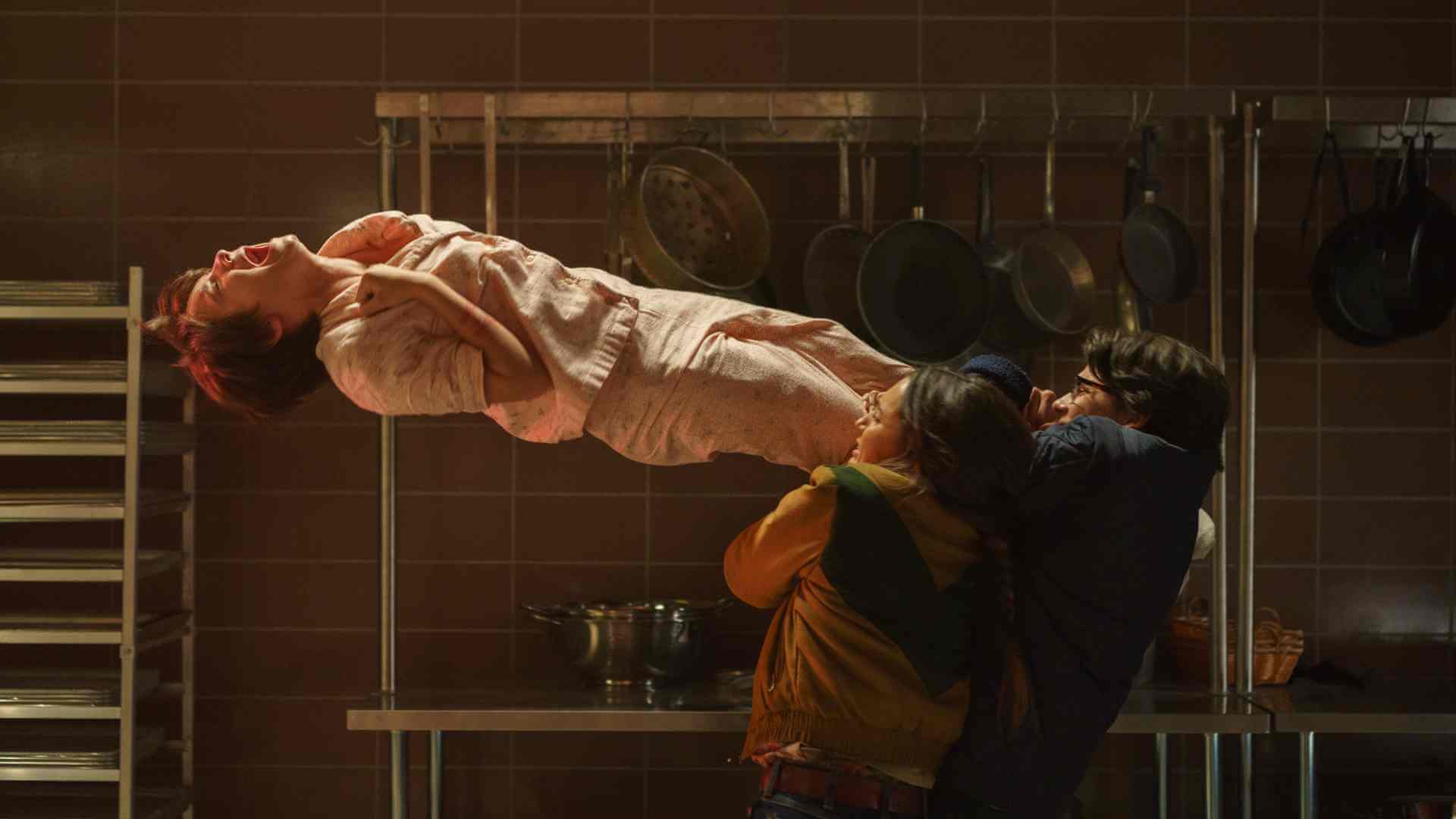Spoiler Space: Like the retro slashers it cribs from, the supernatural sequel curse afflicts Black Phone 2
Black Phone builds (and undermines) its sequel by supercharging its villain.
Photo: Universal Pictures
Spoiler Space offers thoughts on, and a place to discuss, the plot points we can’t disclose in our official review. Fair warning: This article features plot details of Black Phone 2.
Horror sequels are easy to greenlight and tricky to pull off. Desperate to find a glimmer of originality in a story previously told, screenwriters seek out new ways to revive dead killers for another round of slash and hack. Yet every time they come back, their knives get duller. To compensate for these diminishing returns, horror sequels will often empower their villains with supernatural abilities that justify resurrection at the expense of scares. Take Michael Myers. The moment Halloween II reveals Michael as Laurie Strode’s brother, the series begins a slow and inevitable decline into schlock. Over several sequels, Michael ticks names off his family tree according to a pagan curse based on a constellation that arrives every Halloween, a far cry from the simplicity of an escaped mental patient in a William Shatner mask. Like much of its throwback slasher antics, Black Phone 2 follows a similar trend. Where the original Black Phone used the supernatural to guide its heroes, the sequel makes it the entire game: Stealing a script from Freddy Krueger, whatever the undead Grabber does in a dream happens in reality.
 Keep scrolling for more great stories.
Keep scrolling for more great stories.
